
The Roaring 2020s
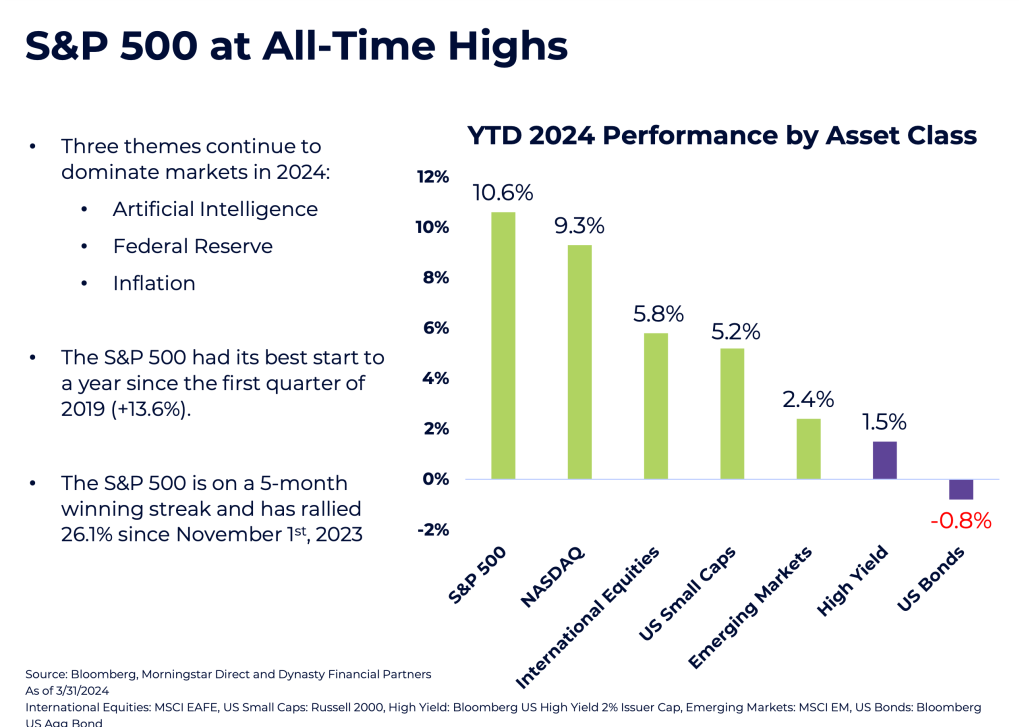
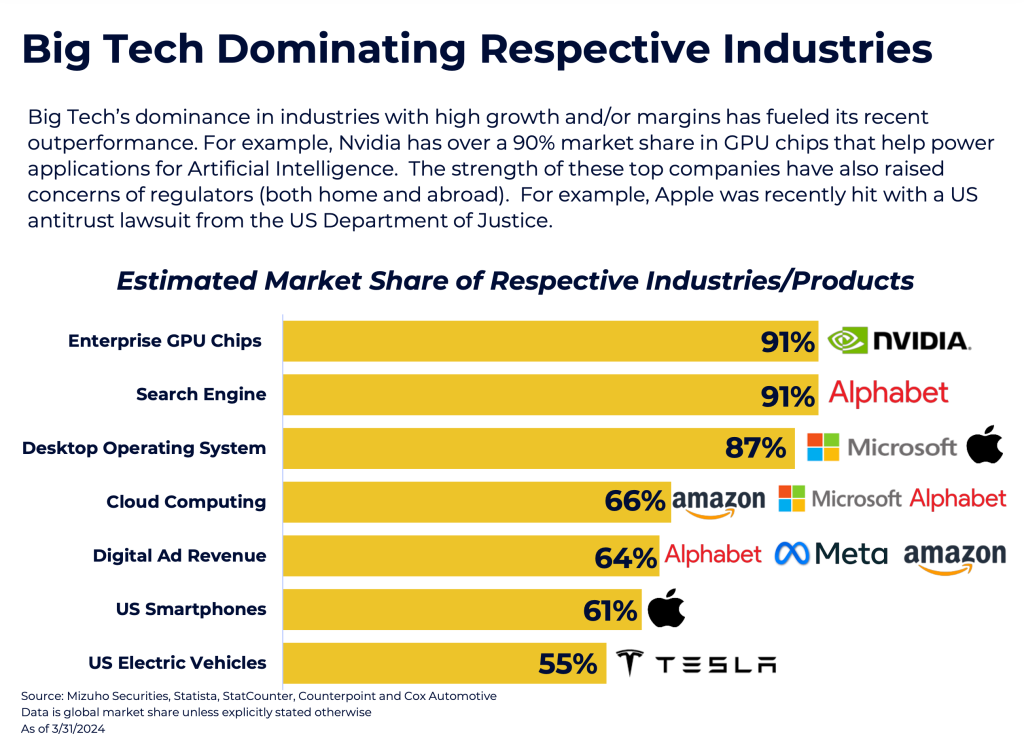
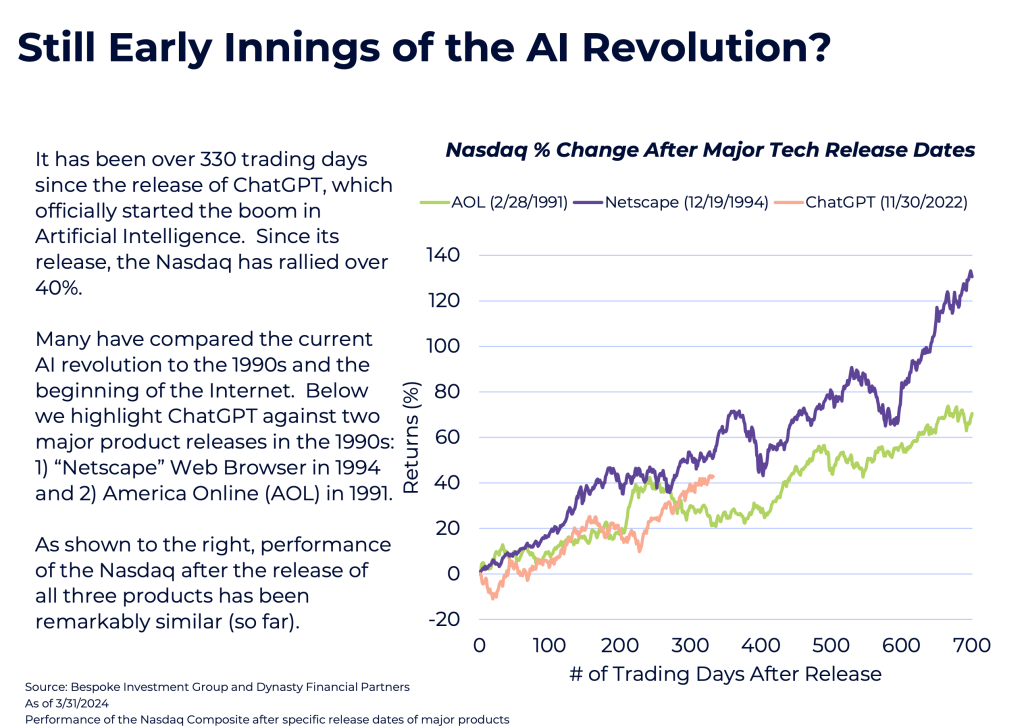
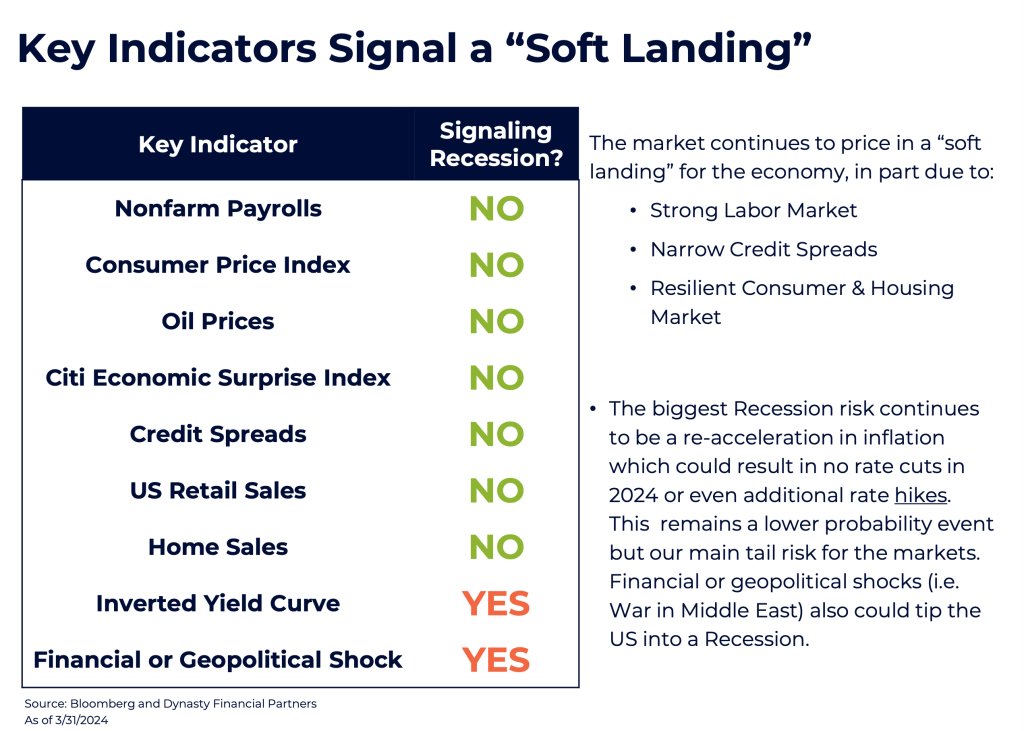
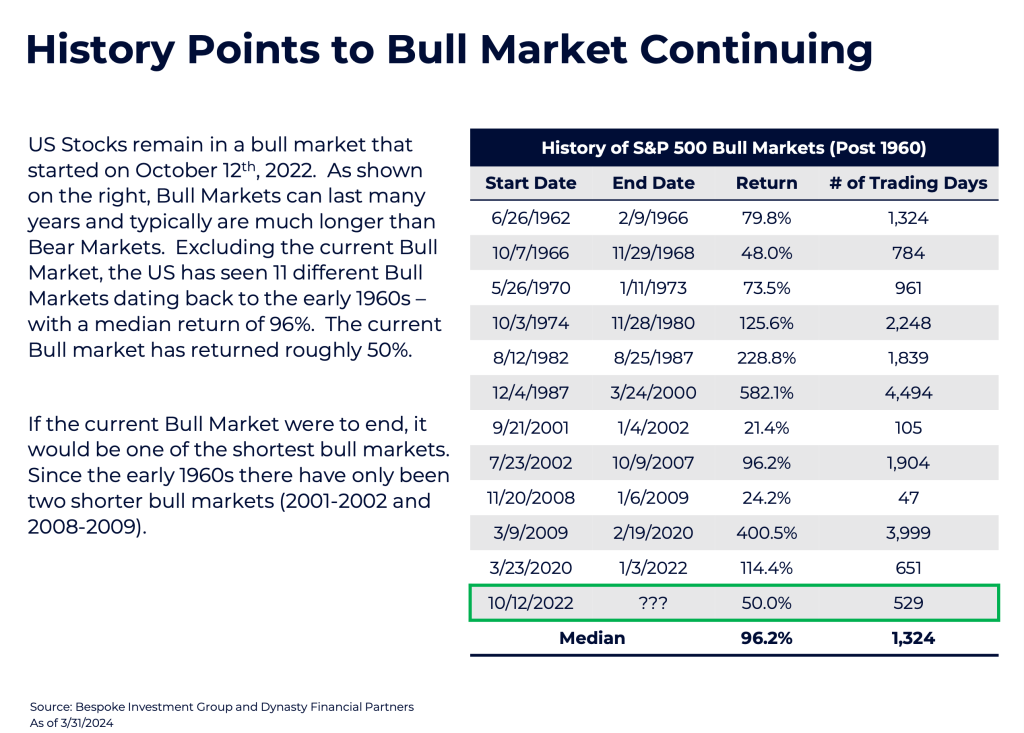
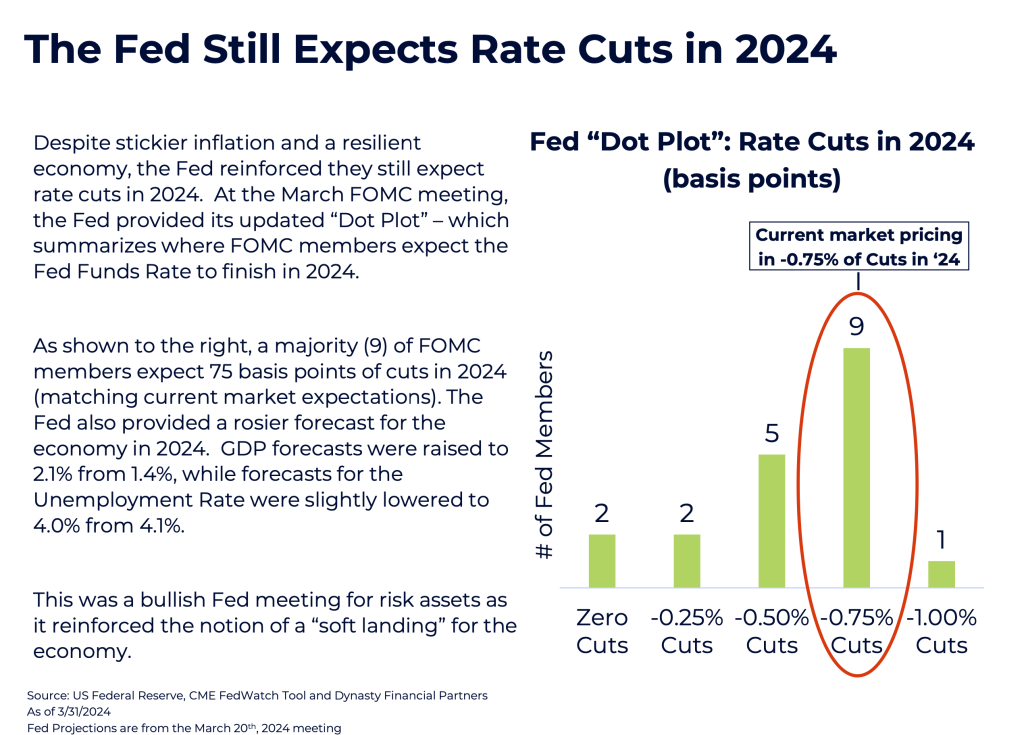
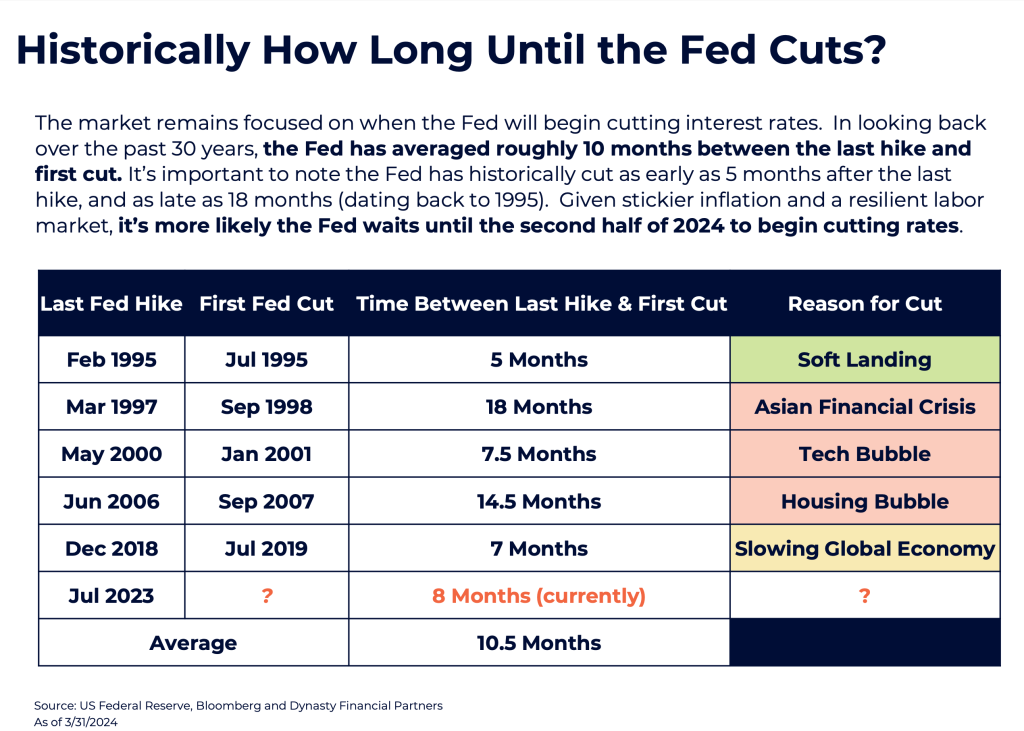
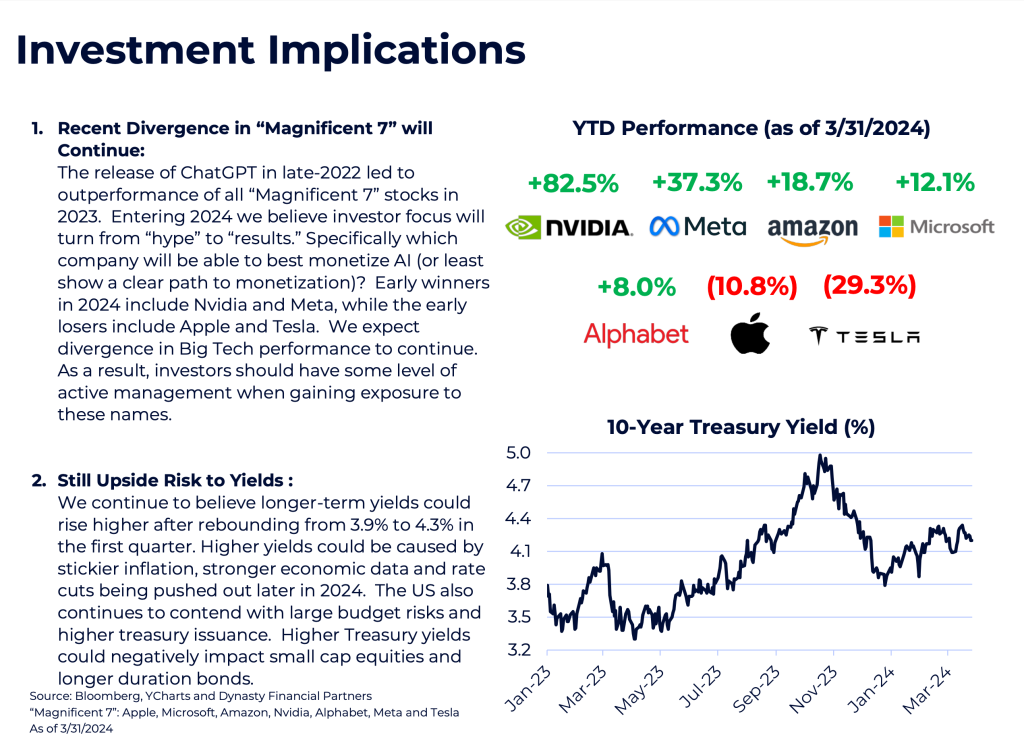
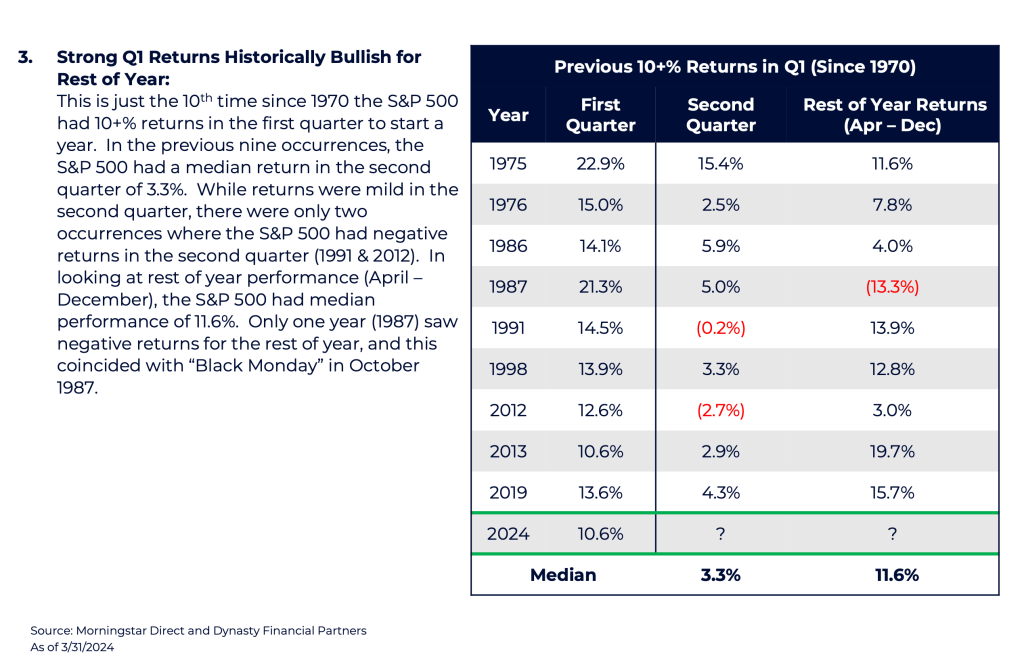
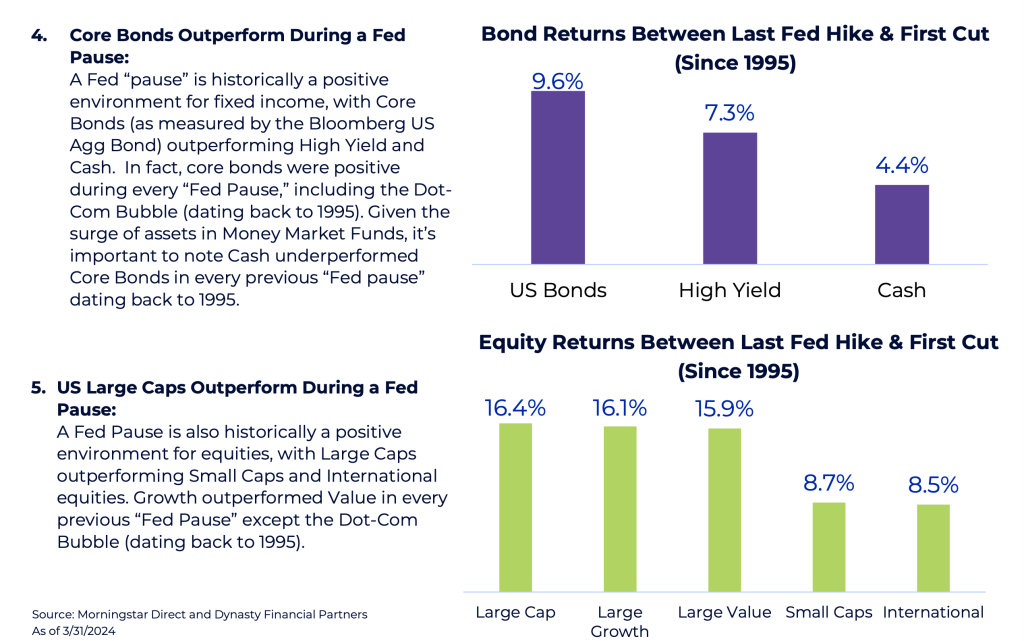
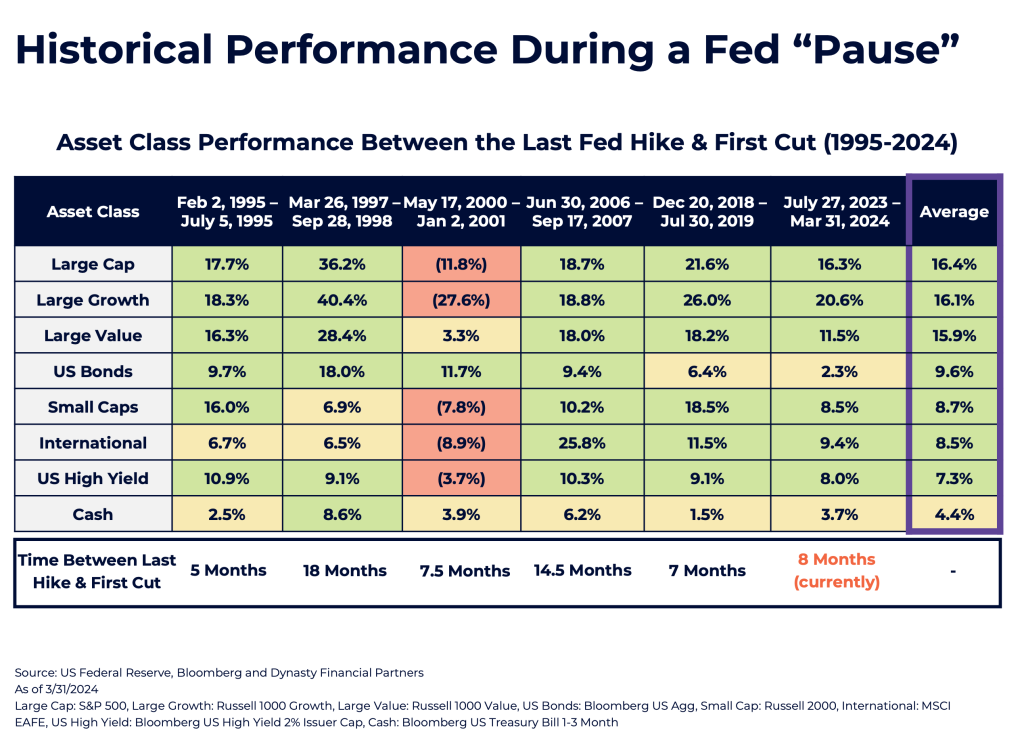













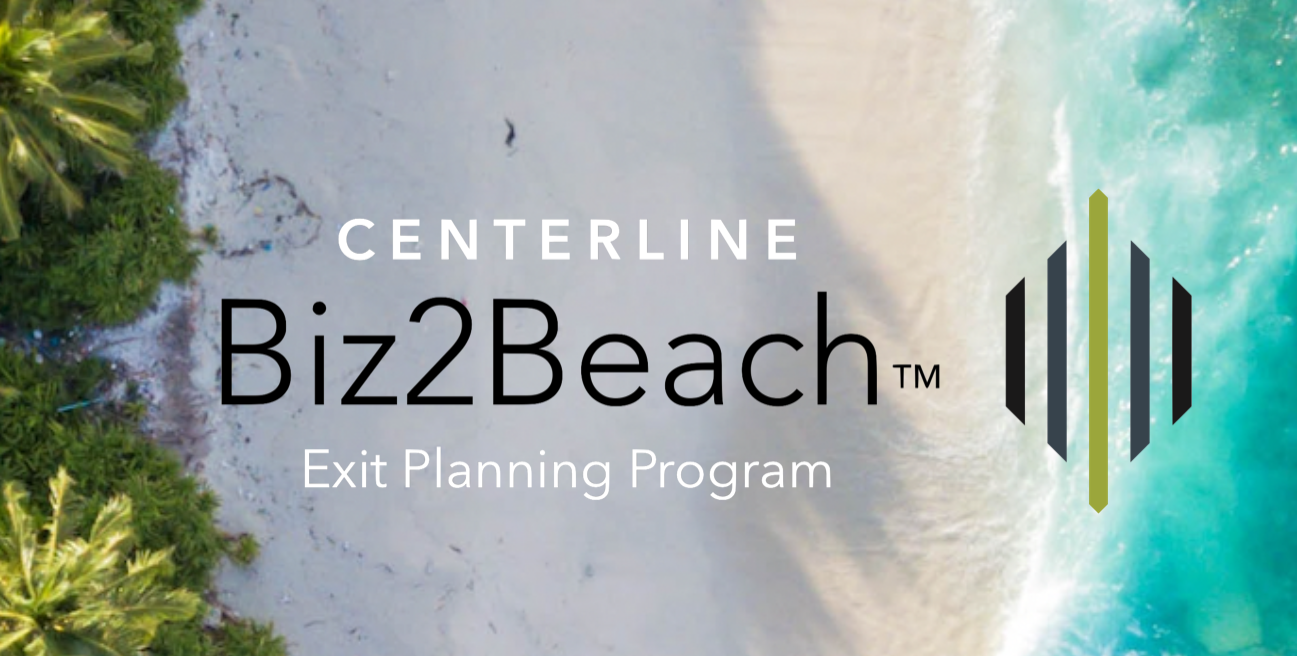
Most founders aim to boost sales, but prioritizing top-line growth can attract low-quality revenue, potentially reducing your company’s value.
To an acquirer, revenue quality varies. They prioritize future revenue predictability, valuing recurring income from contracts and subscriptions higher than one-off sales. Consequently, firms with recurring revenue often command a revenue-based valuation, whereas businesses reliant on transactional revenue are usually valued based on a multiple of EBITDA.
Mike Winnet provides an excellent case study on the importance of prioritizing the right kind of revenue.
Winnet started U.K.-based Learning Heroes after recognizing that most e-learning programs were long and boring. He saw an opportunity to transform the industry by selling large companies a subscription to his short, engaging, animated training courses.
Although his company was growing, it was still thirsty for cash. Winnet was drawing a salary of just £500 a month when he received a lucrative offer from Google. The giant search firm offered Winnet £90,000 to create a custom course for them. The course would have taken his team just three months to develop, and Winnet would have welcomed the injection of cash.
But Google’s offer was a one-time transaction and didn’t sit right with Winnet, who was trying to build a company based on recurring revenue. “I know loads of people who would have taken that £90,000 contract, but we didn’t because it didn’t fit the model. We used to have a sign on the wall that said, ’Does It Make the Boat Go Faster?’ and if the decision didn’t make the boat go faster, we wouldn’t do it.”
Not only was Winnet concerned Google’s offer would slow their journey to becoming a subscription-based e-learning juggernaut but he also knew the one-off nature of the revenue had the potential to undermine the value of his company in the eyes of potential acquirers.
Winnet started Learning Heroes with the intent of selling it within three years for £10 million. He knew he would need to position the company as a product-based subscription business to garner such a premium offer.
Winnet understood that a simple service company doing one-off projects, like the one Google was offering, would be lucky to garner an offer of one times revenue. In contrast, a subscription-based product company could command a much higher valuation from an acquirer.
By accepting the Google project, Winnet would have run the risk of appearing to be a project-based consultancy and accidentally falling into the service business category in an acquirer’s mind.
In the end, Winnet’s discipline paid off when he accepted an acquisition offer from Litmos of £8 million, representing roughly four times his revenue at the time.
Had Winnet been viewed by an acquirer as a traditional service company, he would have likely been offered a quarter of what he received.
Rather than focusing exclusively on revenue growth as a goal, owners that sell for the highest multiples tend to concentrate on growing value, even if that occasionally comes at the expense of short-term sales.